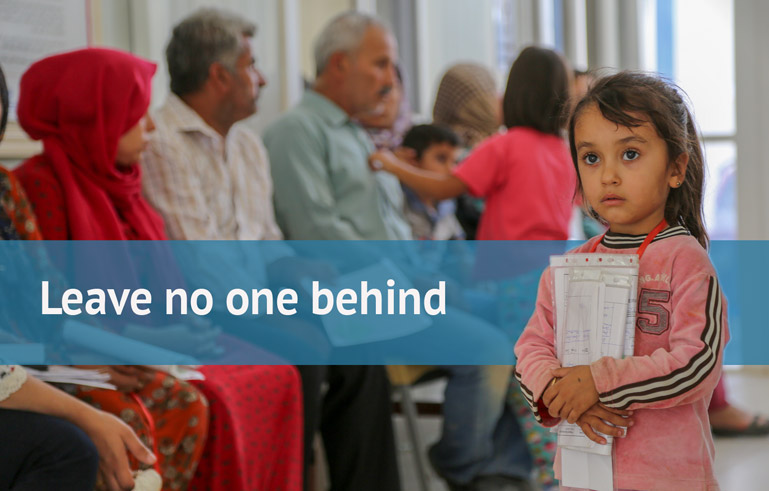
A universal health coverage-priority benefits package (UHC-PBP) is a set of evidence-informed prioritized health interventions, services and programmes, including intersectoral actions and fiscal policies, defined through a deliberative process that accounts for economic realities and social preferences. A UHC-PBP should be available for all, in good quality, at the appropriate service delivery platform(s) using an integrated people-centred approach and covered by relevant financial protection arrangement(s).
A priority benefits package should offer services of optimized quality. Services should be effective, efficient, accessible, patient-centred, equitable and safe, supported by fair and sustainable financing arrangements. Interventions must be delivered by qualified providers who are able to provide standard services in a timely manner at the appropriate level of a regulated health system and target specified groups.
Why countries need it?
Health care expenditure is increasing as a result of new technologies, population ageing and patients’ increasing expectations of health care. Rising health care costs represent a significant challenge to all countries who need to identify innovative ways of health care financing to reach national and global development goals.
For countries to make progress towards UHC (SDG target 3.8), they need to identify cost-effective and practical interventions and strengthen health systems to ensure equity, resilience and sustainability. Health care financing is one of the core components of any health system and mobilizing sufficient resources is an important step of the process.
One of the key principles of the 2030 Agenda for Sustainable Development is to “leave no one behind”, this involves ensuring that people know which services are available to them to achieve maximum attainable population health outcomes as an ultimate goal.
Karin Stenberg, WHO Technical Officer, Economic Analysis and Evaluation, Health Systems Governance and Financing




